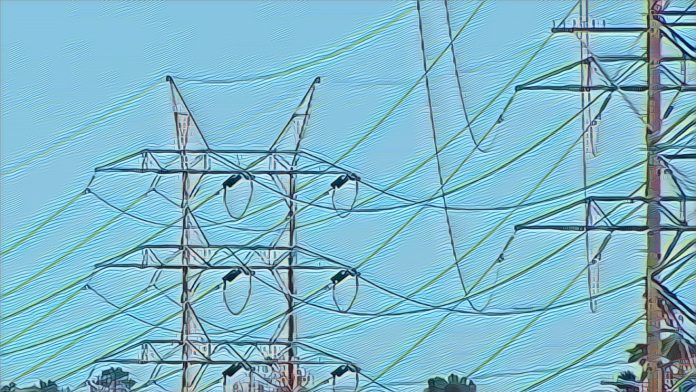The Rural Electrification Agency (REA) of Nigeria has signed two grant agreements with two developers for the supply of off-grid electricity to over 7,000 customers in Jigawa and Nasarawa states. The projects are part of the Nigeria Electrification Project (NEP), funded by the African Development Bank (AfDB).
A milestone for the field of nuclear fusion
The agreements, signed by REA and ACOB Lighting Tech. Ltd and Offgrid Electric Ltd, will deploy hybrid mini-grid solutions across 21 sites in Jigawa state and five sites in Nasarawa state. The mini-grids will use solar photovoltaic (PV) panels and battery storage systems to generate and distribute electricity to households, businesses and public institutions.
The projects are expected to deliver an estimated 3,454Kv PV capacity and serve an average daily load of 9,044kWh/day and 4,633kWh/day for Jigawa and Nasarawa states, respectively. The projects will also create jobs, reduce greenhouse gas emissions and improve the quality of life of the beneficiaries.
The Head of NEP’s Project Management Unit, Abba Aliyu, expressed optimism about the impact of the agreements. He said, “The signing of the grant agreement commits the developers to deliver within the stipulated timeframe. We anticipate them delivering the quality and quantity enshrined in the contract within the agreed period”.
He also urged the developers to leverage the opportunities presented by the Minimum Subsidy Tender (MST) projects to promote productive use of equipment within the communities, such as irrigation, milling, cooling and other income-generating activities.
A step towards a sustainable, clean-energy future
The NEP is a flagship initiative of the Federal Government of Nigeria, implemented by REA under the leadership of Engr. Ahmad Salihijo Ahmad. The NEP aims to increase access to electricity services for households, enterprises and public institutions using renewable energy sources.
The MST is a sub-component of the NEP, funded by the AfDB, that provides subsidies to private sector developers to build, own and operate mini-grids in rural areas. The MST is designed to attract private investment and ensure the long-term viability and sustainability of the mini-grid sector in Nigeria.
The CEO of ACOB Lighting Tech. Ltd, Mr. Alexander Obiechina, expressed his gratitude and a firm commitment to fulfilling his contractual obligations. He said, “This is a significant achievement for us. The location and proximity of this project to Abuja give us very high visibility. We hope the cooperation we’ve received from you will remain sustained”.
The Managing Director of Offgrid Electric Limited, Khalis Muhammed, projected that with careful management of the facility, the lifespan of the project would exceed 20 years. He said, “By God’s grace, we’ll deliver within the deadline and build something with a lasting and sustainable impact for the next 20 years and beyond”.
The NEP is aligned with the United Nations Sustainable Development Goal 7, which aims to ensure access to affordable, reliable, sustainable and modern energy for all by 2030. The NEP also supports Nigeria’s Vision 20:2020 and the Economic Recovery and Growth Plan (ERGP), which seek to diversify the economy and reduce dependence on fossil fuels.
A source of hope for rural communities
The beneficiaries of the off-grid power projects expressed their excitement and anticipation for the improved access to electricity. They said the projects would enhance their economic activities, education, health and security.
One of the beneficiaries, Mr. Musa Abdullahi, a farmer in Jigawa state, said, “We are very happy about this project. We have been suffering from lack of electricity for a long time. We hope this will help us to irrigate our farms, store our produce and sell them at a better price”.
Another beneficiary, Mrs. Aisha Ibrahim, a trader in Nasarawa state, said, “We are grateful for this opportunity. We have been using generators and kerosene lamps, which are expensive and harmful to our health and environment. We hope this will help us to expand our businesses, attract more customers and increase our income”.
Source: Punch



